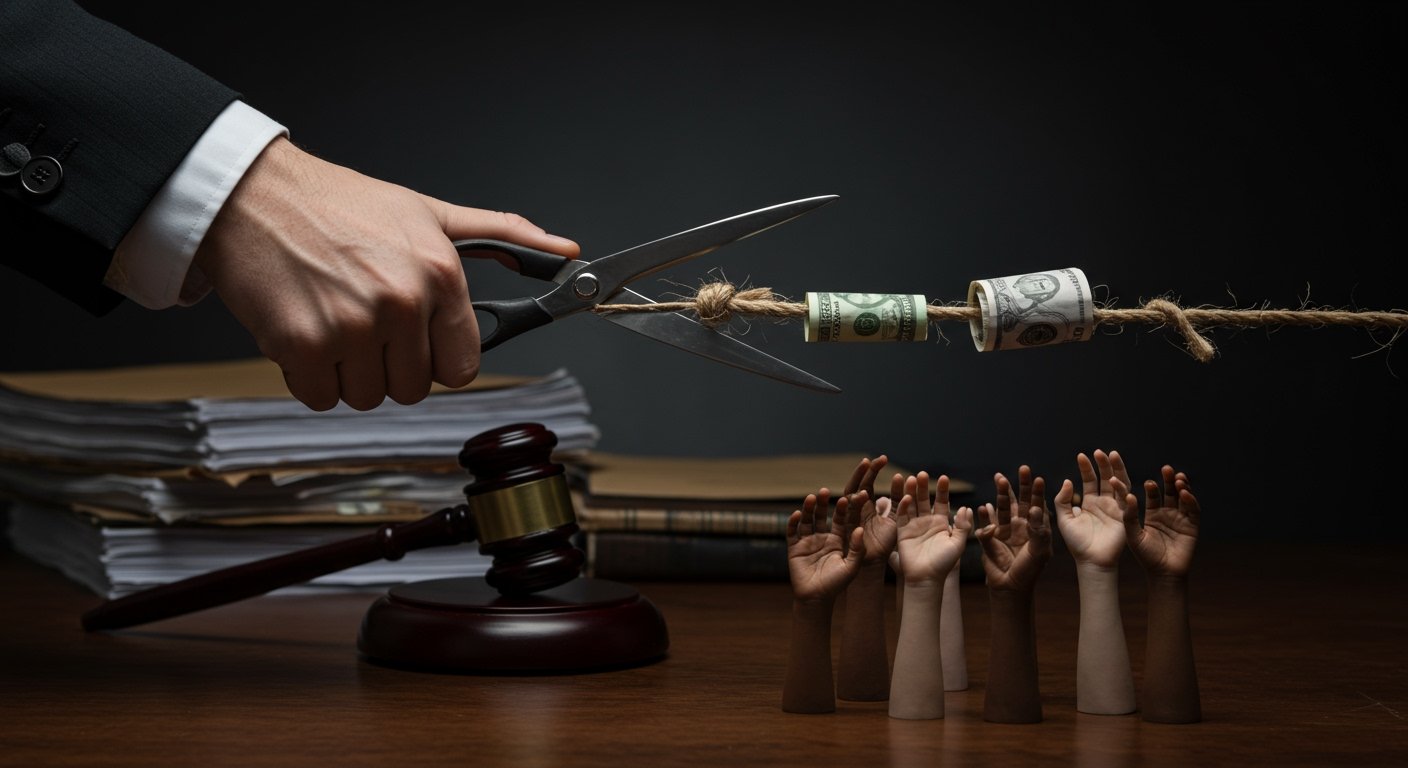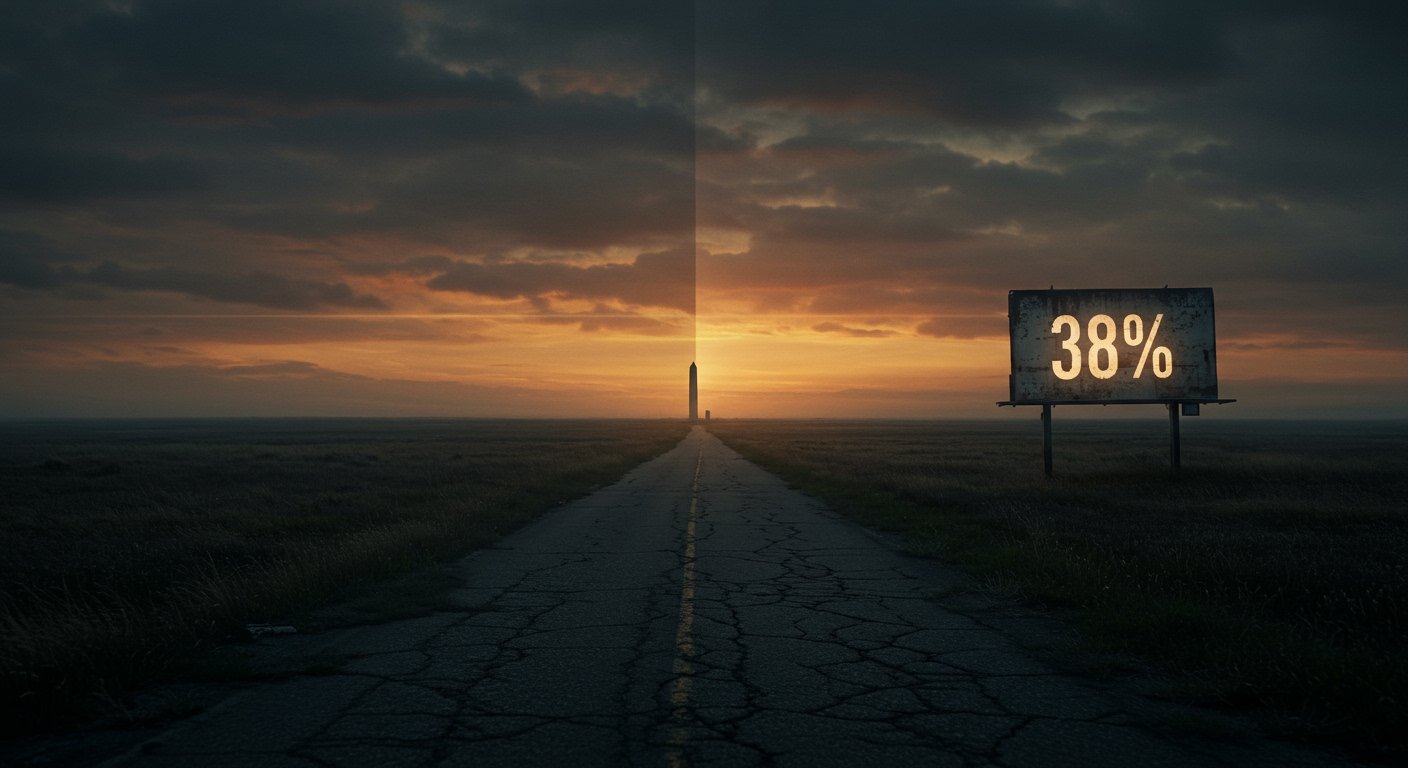The May 31, 2025, broadcast of PBS News Weekend offered an in-depth examination of two critical national issues shaping the contemporary American political landscape: concerted efforts by state lawmakers to curtail citizen-led ballot initiatives and the complex, evolving debate surrounding women’s rights and modern feminism.
The episode delved into the mechanisms of direct democracy, highlighting how citizens across the United States have historically used ballot measures to enact policy changes ranging from minimum wage increases to cannabis legalization when legislatures have been unwilling or unable to act. However, the report underscored a growing trend of legislative action aimed at making it more difficult for citizens to propose or pass these initiatives.
The Erosion of Direct Democracy
This segment featured insights from experts who detailed the various methods states are employing to restrict ballot access. These tactics include raising signature requirements, imposing geographic distribution rules for signatures, limiting the subjects that can be addressed by initiatives, and even increasing the percentage of votes needed for a measure to pass.
According to Dane Waters, a prominent figure in the study of ballot initiatives, these efforts reveal a fundamental tension within the U.S. political system that is less common in many other democracies. Waters articulated this dynamic, stating that unlike in many other countries, U.S. lawmakers show “constant animosity between lawmakers and the people where the lawmakers try to shut the people out of the process.”
The report emphasized that these legislative maneuvers are not isolated incidents but represent a broader pattern of resistance from established political powers towards direct citizen engagement in lawmaking. Critics argue that these restrictions undermine the very principle of popular sovereignty that ballot initiatives are designed to uphold, effectively silencing voter voices on key policy matters and centralizing power within state legislatures.
Examining the Women’s Rights Backlash
The May 31, 2025, episode also turned its focus to the renewed and often contentious political debate surrounding women’s rights and a perceived backlash against the goals of modern feminism. This segment explored recent policy changes and cultural shifts that observers contend are challenging progress made over decades.
The discussion featured an interview with Sophie Gilbert, a staff writer for The Atlantic and a Pulitzer Prize finalist. Gilbert spoke about her new book, “Girl on Girl,” which offers a critical analysis of popular culture from the 1990s and early 2000s. Her book argues that the media and cultural trends of that era may have inadvertently set back a generation of women, potentially shaping attitudes and expectations in ways that have implications for the current political climate.
Gilbert’s work suggests a connection between the cultural messages young women absorbed during that period and contemporary political realities. The interview specifically touched upon this link in the context of significant events, including the overturning of Roe v. Wade, suggesting how historical cultural narratives might intersect with current policy outcomes related to women’s bodily autonomy and rights.
Intersecting National Challenges
The PBS News Weekend episode from May 31, 2025, thus painted a picture of a nation grappling with fundamental questions about governance and social progress. The challenges to citizen-led ballot initiatives highlight tensions over who holds power in a democracy – elected representatives or the electorate directly. Simultaneously, the segment on women’s rights underscored the ongoing nature of debates around equality and the potential long-term impacts of cultural forces on political and legal outcomes.
Both topics, as presented in the program, reflect underlying societal divisions and struggles over the direction of the country. By dedicating significant airtime to these issues, PBS News Weekend provided viewers with a comprehensive look at the complex forces shaping American democracy and social dynamics in the mid-2020s, relying on expert commentary and insightful analysis to illuminate these critical national conversations.












